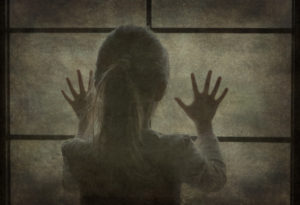
 A forced marriage is where one or both people do not (or in cases of people with learning disabilities or reduced capacity, cannot) consent to the marriage as they are pressurised, or abuse is used, to force them to do so. It is recognised in the UK as a form of domestic or child abuse and a serious abuse of human rights.
A forced marriage is where one or both people do not (or in cases of people with learning disabilities or reduced capacity, cannot) consent to the marriage as they are pressurised, or abuse is used, to force them to do so. It is recognised in the UK as a form of domestic or child abuse and a serious abuse of human rights.The pressure put on people to marry against their will may be:
Financial abuse, for example taking someone’s wages, may also be a factor.
The Anti-Social Behaviour, Crime and Policing Act (2014) made it a criminal offence in England, Wales and Scotland to force someone to marry.
This includes:
A Forced Marriage Protection Order can help if:
Applications for Forced Marriage Protection Orders can be made at the same time as a police investigation or other criminal proceedings. Someone who disobeys a court order can be sent to prison for up to two years for contempt of court; but breach of a Forced Marriage Protection Order is also a criminal offence with a maximum sentence of five years’ imprisonment.
All professionals providing services to victims of forced marriage and ‘honour’-based abuse need to be aware of the “one chance” rule. That is, they may only have one chance to speak to a potential victim, and that chance may be the only opportunity to save a life. All professionals working within statutory agencies need to be aware of their responsibilities and obligations when they encounter forced marriage cases. If the victim is allowed to walk out of the door without support being offered, that one chance might be lost.